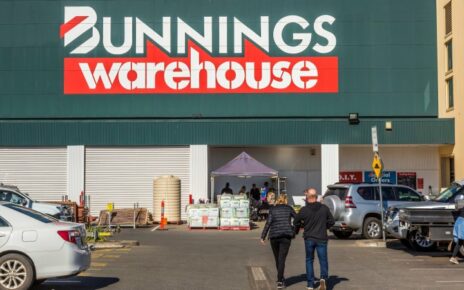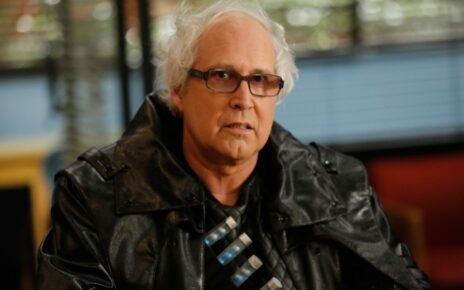Save articles for later
Add articles to your saved list and come back to them any time.
Saving Melbourne’s public housing towers would cost $2.3 billion in maintenance over 20 years, Premier Daniel Andrews has said, while declining to reveal the price tag of knocking down and rebuilding the 44 buildings before it goes to tender.
The state government on Sunday also announced the locations of the first 153 extra social homes to be built in the regions to make up for cancelling the 2026 Commonwealth Games.
Daniel Andrews delivering the housing statement last Wednesday.Credit: Elke Meitzel
Feasibility and design work has begun for 50 public homes on vacant Crown land in Colac, in the state’s west. Seventeen “outdated” public dwellings near Wodonga Hospital in Victoria’s north will be replaced with 50 new public homes. And another 70 properties, a mix of public and community homes, will house residents affected by the 2022 floods in Shepparton, Seymour and Rochester.
The developments form part of the $2 billion in legacy projects the state is continuing with after dumping the Games in July. Half of the investment will go towards 1300 social homes in the regions.
The state will also look to buy apartments off the plan in medium- and high-density developments to boost social housing stock, said Andrews, who also released public housing waiting list data that showed fewer households were joining the queue for a subsidised home.
While the waiting list has grown by tens of thousands of desperate families during the Andrews government – rising from 35,000 households in 2017 – the latest data represents a rare improvement.
In the June quarter, 55,822 households were on the waiting list, compared with 58,131 in the March quarter – 2300 fewer.
Releasing the housing statement last week, Andrews announced all 44 public housing towers in Melbourne would be razed and rebuilt to fit three times as many residents. But of the 30,000 people who would live at the estates by 2051, only 11,000 would be social housing tenants.
Non-profit architecture and research firm OFFICE estimated it would have been $88 million cheaper to refurbish the low-rise Barack Beacon estate in Port Melbourne – which is already being redeveloped – and add extra dwellings on-site rather than knocking it down and rebuilding.
Andrews rejected that analysis on Sunday, and said it would have set taxpayers back $2.3 billion over 20 years, or $55 million per tower, just to maintain all the buildings.
“That’s maintenance alone, that’s not retrofitting. Even if you retrofit them, you can’t get them up to standard,” Andrews said.
“That’s good money not spent properly. We think, take them down, build something infinitely better, and have these sites home to 30,000 people instead of being home to 10,000 people.”
He declined to say how much the government plan would cost instead.
“We haven’t run the tenders yet,” Andrews said. He would not share the estimate with the public, “or anyone who might want to bid for that work”.
Andrews was joined by Omar Farah, who lived in a low-rise public housing block in Ascot Vale that has now been rebuilt.
“We just moved to the brand new building, we’re so happy for that,” Farah told reporters at the government press conference. “It’s more safe, more cosy. It’s very nice.”
Housing Minister Colin Brooks recognised that strong community ties had formed in the estates, and said the government would work hard to keep those ties when people are relocated for the rebuild.
Opposition Leader John Pesutto, addressing branch members at the Liberal Party’s state council on Sunday, said Labor had offered nothing for hopeful home buyers.
“We differ from the government,” Pesutto said. “And we will work hard to establish that differentiation between us and Daniel Andrews. Daniel Andrews this week promised 800,000 new homes over the next decade. Yeah, right.”
Pesutto welcomed the first 153 regional social homes Andrews announced on Sunday, but said he had no faith in the government to deliver them or to relieve the “exploding” waiting list.
He opposed Labor’s proposed 7.5 per cent tax on short-stay providers such as Airbnb, but declined to commit to abolishing it if elected in 2026.
Start the day with a summary of the day’s most important and interesting stories, analysis and insights. Sign up for our Morning Edition newsletter.
Most Viewed in Politics
From our partners
Source: Read Full Article



